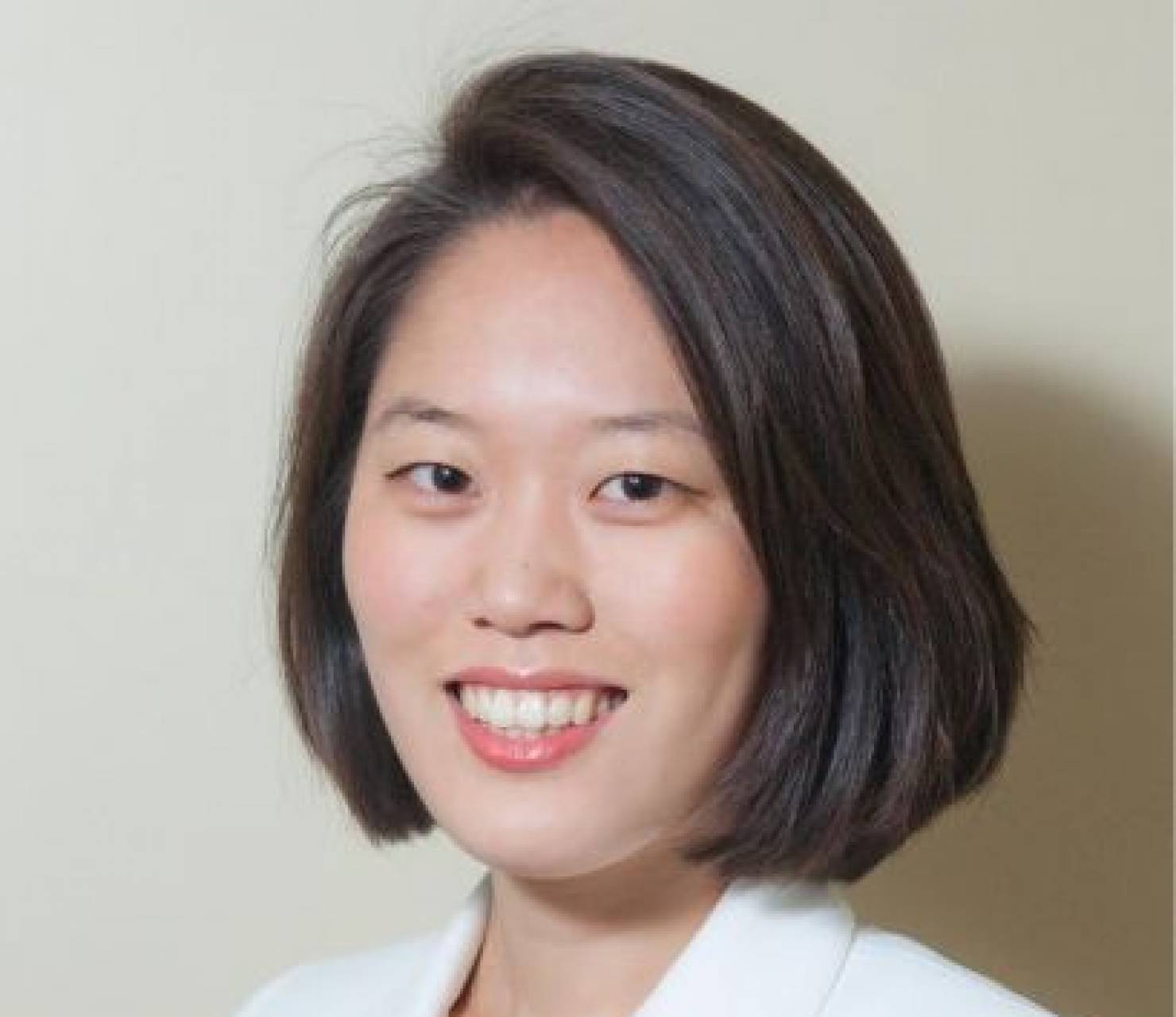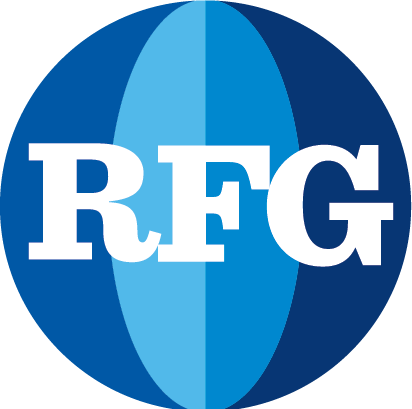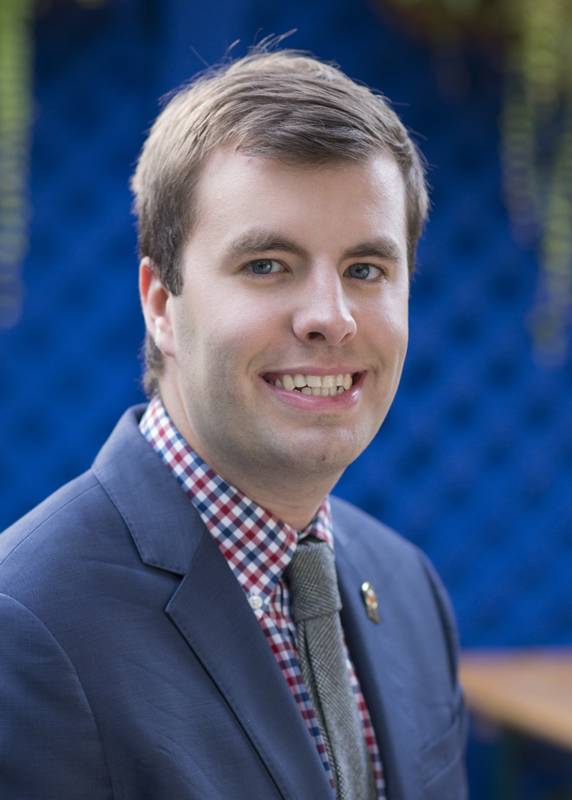
Grace Choi is a 2012 graduate of Tufts University’s The Fletcher School. She is currently Director of Policy at the New York City Mayor’s Office. Previously she was Policy Advisor in the Secretary’s Office on Global Women’s Issues at the U.S. Department of State, where she also served as Staff Assistant in the White House Liaison’s Office. She is also a NetKAL Fellow and serves on the Conference on Asian Pacific American Leadership’s (CAPAL) Board of Directors and is Vice Chair for Programs. Prior to her political appointment at the Department of State, Grace worked for the Council of Korean Americans (CKA), where she helped to create a greater platform for Korean American voices at the national level, the Congressional Asian Pacific American Caucus (CAPAC) in Congresswoman Judy Chu’s office, the Presidential Inauguration Committee (PIC), President Obama’s 2012 Presidential Campaign in Virginia, the Committee for Human Rights in North Korea, and the Department of Homeland Security’s Refugee Affairs Division. Grace is a Robertson Foundation for Government Fellow and graduated from the Fletcher School at Tufts University with a Master of Arts in Law and Diplomacy and from Boston College with a bachelor’s degree in International Studies. Grace is a proud southerner who hails from metropolitan Atlanta, Georgia.
Editor’s note: The following first appeared on The Fletcher School’s website.
On your AAPI background, accomplishments and impact:
My background as an Asian American and Korean American has greatly influenced my career accomplishments in policy and politics. I’m constantly drawing from my experiences as an AAPI woman. For example, when I led the first-ever U.S.-Japan-Korea trilateral event on women and girls’ empowerment, I knew that it was critical to include the voices and participation of young Asian American women and civil society members so we had Asian American young women and nonprofit and private sector women leaders as part of the US delegation and made it a non-negotiable to have civil society participation in the Korean and Japanese delegations.
On your Fletcher experience:
My Fletcher experience has affected my worldview by broadening my connection to many like-minded foreign policy leaders from around the world who want to make a difference in our own country and in the world so we can partner together, but also truly be friends. During my time at the State Department, I ran into my Fletcher friends in work receptions and through meetings with my counterparts in the DC-based embassies. The world is really small, but even smaller when you’re part of the Fletcher network.
RFG also talked with Grace about her experience as a Robertson Fellow and her early career:
What or who prompted you to focus on public service?
I grew up with service modeled around me through my mother and father’s work at the church. They taught us the importance of being a good neighbor by visiting older neighbors in the nursing home, hosting friends and “relatives” at our home for weeks or months, and loving Korean immigrants in our church by helping them navigate school enrollment, court documents, sickness, and other needs. It became natural to pursue a career in public service because it was in my heart to serve, and I enjoyed it.
How has the Robertson Fellowship influenced your career to date?
The Robertson Fellowship enabled me to afford graduate school and played a foundational role in pursuing a career in the State Department under the Obama Administration. While in Washington, DC, the Fellowship offered many opportunities to network with fellows, senior foreign policy leaders, and receive professional development training in foreign affairs.
Was there a specific graduate course(s) or opportunity(ies) that you found to prepare you especially well for government service?
I found my courses on hard skills most helpful, such as the negotiation class and policy memo writing course. In addition to the coursework, I built soft skills critical to the workplace through leadership roles in student clubs and conference organizing.
What excites you most about working your public service career?
The community of friends and extended “family” you make serving in and out government—the compassionate, committed, and hard working people you meet throughout your career.
Is there an experience in your government position(s) that has been/was particularly enlightening or surprising to you?
At the State Department’s Secretary’s Office of Global Women’s Issues, I was surprised how one person’s persistence and commitment to an issue through coalition building and strategy could lead to an unprecedented diplomatic engagement—the first-ever US-Japan-Korea trilateral women’s empowerment forum!
Are there particular resources that you recommend to individuals interested in a career in public service?
Informational meetings and think tank events. Talk to people from your school alumni who work in public service to learn more directly about the career trajectory in public service. Join a public service organization or fellowship, such as the Robertson Foundation, the Pickering Fellowship, the Council on Foreign Relations, Women of Color Advancing Peace and Security, or the Truman National Security Network.
What advice do you have for current fellows and early career professionals as they pursue a career in public service?
Be open to what shape your career in public service could look like. It is better to have a functional area of expertise if you want to advance into more managerial, leadership roles. Public service can be done in government, nonprofit, foundation, and public/private partnerships. Be a good human being to everyone no matter their “status,” and stay in contact with your colleagues, mentors, and interns—you never know when you’ll run into them again!


